Fredric Snitzer Gallery. From May 31 through June 30, 2012.
Opening reception: May 31, 2012. 7:00 p.m.

Perhaps the Anglo-Saxon eagerness to reduce everything to a brief and definitive formula influenced his position: Cuba = revolution, Haiti = voodoo, Jamaica = reggae and ganja, Puerto Rico = salsa and Marines. Santo Domingo, in its ostensibly paradisiacal, tropical naiveté, presents a less precise outline, defies sweeping generalizations, and resists definition. The West’s deftness in decaffeinating, diluting, simplifying or pigeonholing its products, ideas, and yes, even entire cultures, is at the very least short-sighted and at the worst, dangerous. How can we define others from our limited, ethnocentric perspectives? La República Dominicana – a country teeming with contradictions, however contemptible and intractable, demands our attention. This “drama” has inspired Bedia’s exhibition, a simultaneously irreverent and adoring tribute to so generous and gracious a nation.
José Bedia’s new exhibition at the Fredric Snitzer Gallery is the second phase of work developed specifically for Santo Domingo, and although the earlier version contained sparks of humor, this expanded body of work adds perturbing and perverse collateral themes, such as Somali pirates, Muslim executions, and religion regressing into indecent superstition. The point of view is worse now: all is distorted, altered, fiddled with. Religion, sex, even specific roles – everything has changed, and there is no turning back. We are now in the kingdom of Pomba Gira, the devil-whore of the Umbanda, who drags us to the bilge of this half sunk vessel that we thought we navigated, but where we continue to keel over. This is a futile effort at redemption, suffering the prickly and continual repugnance to living in a prosaic and perverted space in time; still, in the end, we see the bloom of virtue in the detritus of the final hell, just as the warrior, sunk in a swamp, still brandishes the sword, facing those who barely move their thumbs.
Fredric Snitzer Gallery
2247 NW 1st Place
Miami, FL 33127
305.448.8976
www.snitzer.com

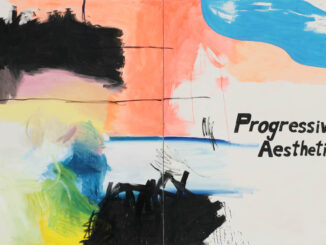
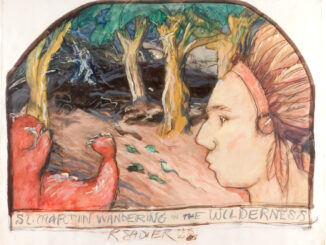
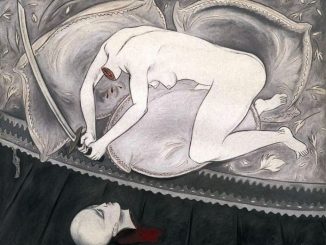
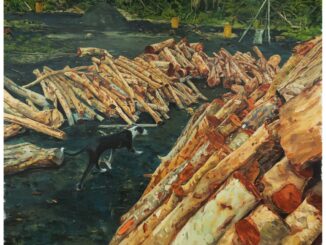
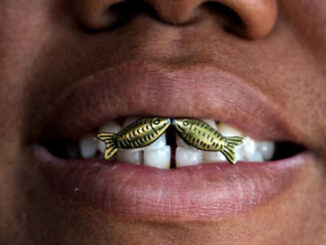
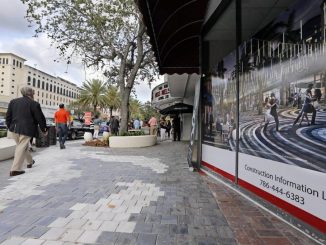
Be the first to comment